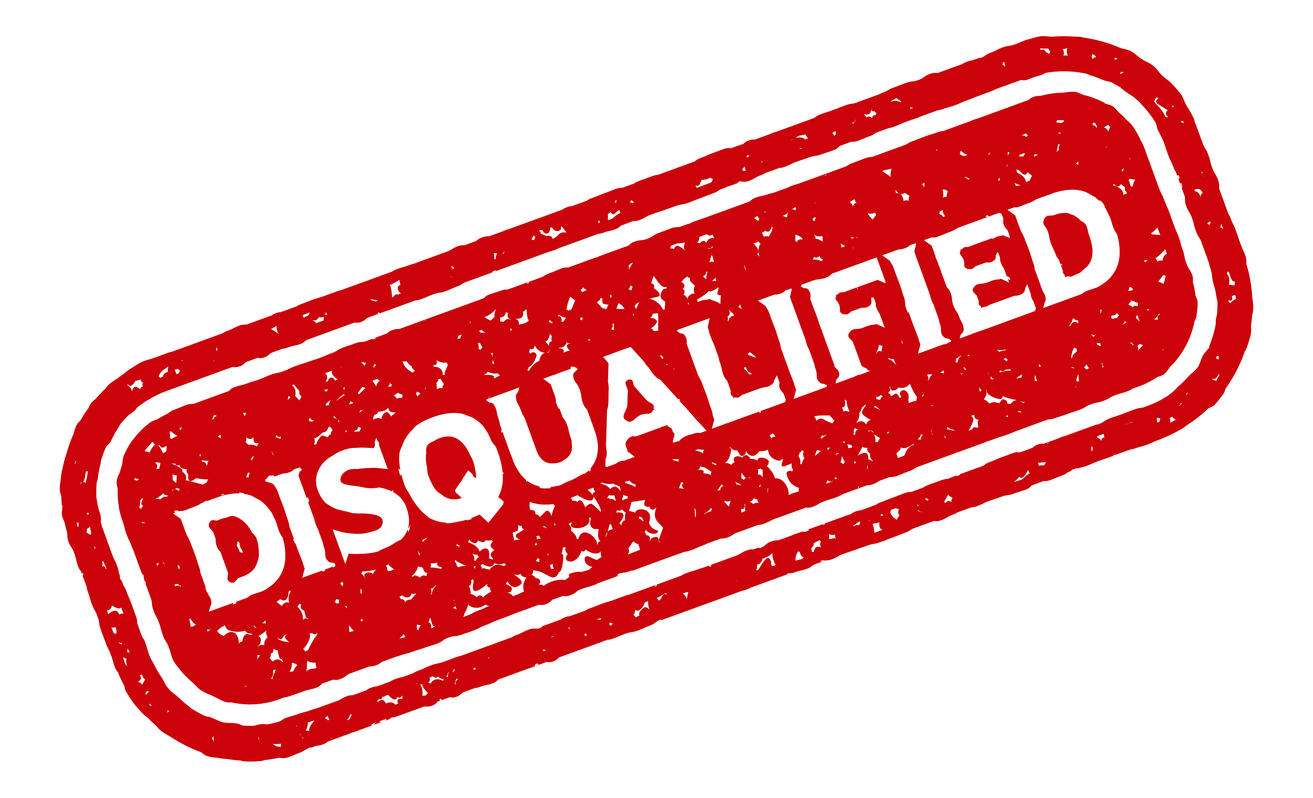Texas has good consumer protection statutes. The problem is that Texas case law makes it difficult to enforce many of them or delays the protections they offer. A recent case, In Re Loya Insurance Company, No. 01-10-1054 (Tex. App. – Houston [1st Dist.] August 11, 2011), provides an example.
The Texas Court of Appeals held that the Texas prompt payment statute was an extracontractual claim that should be severed from a breach of contract claim in litigation. The Court explained its reasoning:
When an insurer offers to settle a breach of contract claim, the trial court must sever the insured‟s extra-contractual claims from the contractual claims to avoid prejudice to the insurer in its defense of the coverage dispute…This is because, ordinarily, an offer to settle a coverage dispute is inadmissible to prove the merit of a coverage claim, but such evidence nevertheless may be admissible on the extra-contractual claims to rebut evidence that the insurer acted in bad faith.
It should be noted that another Texas appellate court held just the opposite in Lusk v. Puryear, 896 S.W. 2d 377, 379 (Tex. App.—Amarillo 1995, orig. proceeding). In Lusk, the Court explained:
Although the damages and attorney’s fees provided by the article do not arise from the insurance contract, they are recoverable for the insurer’s failure to timely pay any loss for which it may be liable under the contract. Thus, when [the insured] alleged [the insurer] failed to timely pay her claim and pleaded for damages and attorney’s fees provided by article 21.55, the entire liability of [the insurer], both on the insurance policy and under article 21.55, was put in issue as one cause of action.
I am not certain how other courts will rule on this issue, but I bet insurance defense counsel will move for severance in almost every case.
Insurance defense counsel will also move for an abatement and argue during discovery that otherwise available evidence is not “relevant” because it only pertains to the wrongful claims handling allegations or extra-contractual damages. They will cite In Re Loya Insurance Company language which states:
[W]here an insured has filed a breach of contract claim as well as extra-contractual claims, and the carrier has made a settlement offer, the trial court should abate the latter claims to prevent unfair prejudice [to the insurance company.]
Fortunately, the In Re Loya Insurance Company Court also stated:
We note, however, that the trial court has discretion in managing its docket. Loya has made no argument to support its request for a complete abatement, nor any showing of prejudice or burden relating to parallel discovery of contractual and extra-contractual claims in this case. A bifurcated trial of the extra-contractual claims, should the [policyholders] prevail in their coverage claim, may serve as well as an abatement to protect the underlying policy concerns. Absent any showing of prejudice, we leave discovery and management of the separate trials to the trial court’s discretion.
Often, we find that insurance defense counsel hide facts and evidence when transparent and parallel discovery is not ordered by a court. Courts should ordinarily deny requests to abate and order discovery e along parallel tracks for efficiency, as well as to prevent discovery gamesmanship. From a practical viewpoint, it is also difficult to have omnibus resolutions of cases without full disclosure of facts pertaining to contractual issues and wrongful claims handling issues.
All this Texas law makes me thing about this classic song:
https://youtube.com/watch?v=YTtpL2UpjAM%3Frel%3D0



